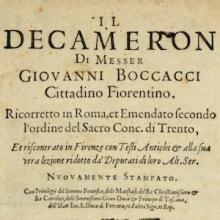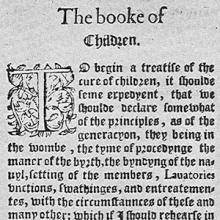Europe
Report of Vadim Zagladin on his conversation with Chairman of the Czechoslovak
International relations specialist and key Gorbachev advisor Vadim Zagladin made this report to the Soviet Politburo in early April 1989. In it, Zagladin recounts his conversation with Jan Pudlak, a high-ranking Czechoslovak official, about the situation in Pudlak's country.
CIA Intelligence Assessment: Rising Political Instability Under Gorbachev
As President George H. W. Bush took office in January 1989, factions within his administration disagreed concerning the approach to take with regard to US-Soviet relations.
Legalization versus Re-legalization of NSZZ "Solidarity"
Formed in September 1980 in Poland and recognized as a legal union by Communist officials in November, Solidarity was formally dissolved by Communist leaders on October 8, 1982, and forced to function illegally and underground.
After the Wende: GDR Jokes D
George Orwell once wrote, "Every joke is a tiny revolution." In state-socialist societies that had (or have) totalitarian characteristics, individuals found clever ways to carve out areas of freedom for themselves.
Miscellaneous Jokes: GDR Jokes C
George Orwell once wrote, "Every joke is a tiny revolution." In state-socialist societies that had (or have) totalitarian characteristics, individuals found clever ways to carve out areas of freedom for themselves.
Humor for All Occasions: GDR Jokes B
George Orwell once wrote, "Every joke is a tiny revolution." In state-socialist societies that had (or have) totalitarian characteristics, individuals found clever ways to carve out areas of freedom for themselves.

Long Teaching Module: Children during the Black Death
The Black Death was the first and most lethal outbreak of a disease that entered Italy during the end of 1347 and the beginning of 1348 and then spread across Europe in the following few years.

Long Teaching Module: Children’s Health in Early Modern England
Children and youth in early modern England (1500-1800) were subject to many diseases and physical hardships.
Long Teaching Module: Sexuality, Marriage, and Age of Consent Laws, 1700-2000
In western law, the age of consent is the age at which an individual is treated as capable of consenting to sexual activity. Consequently, any one who has sex with an underage individual, regardless of the circumstances, is guilty of a crime.
The Danger of Humor: GDR Jokes A
George Orwell once wrote, "Every joke is a tiny revolution." In state-socialist societies that had (or have) totalitarian characteristics, individuals found clever ways to carve out areas of freedom for themselves.